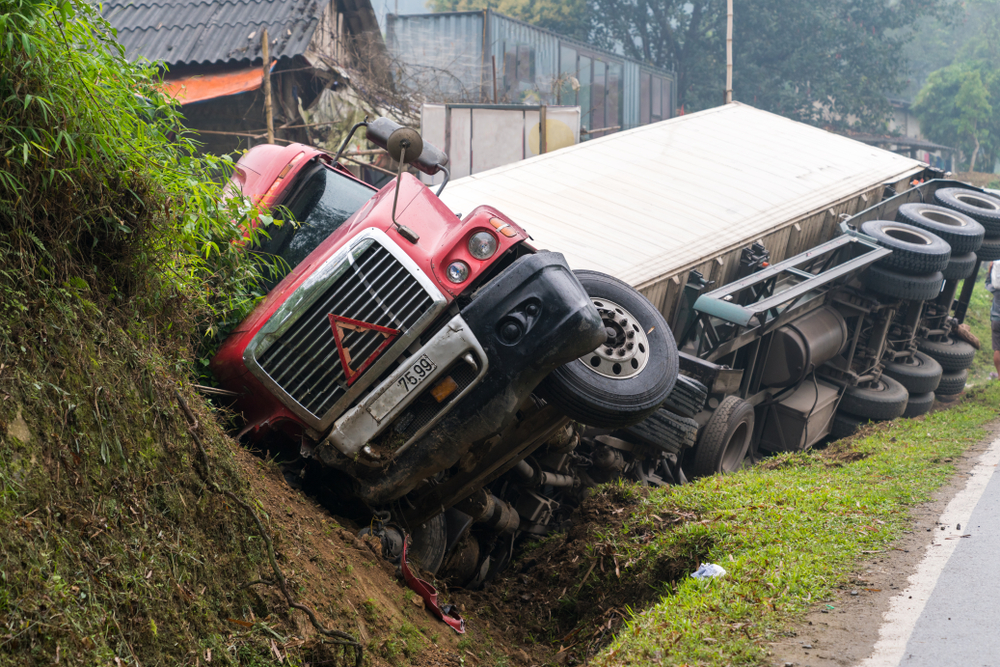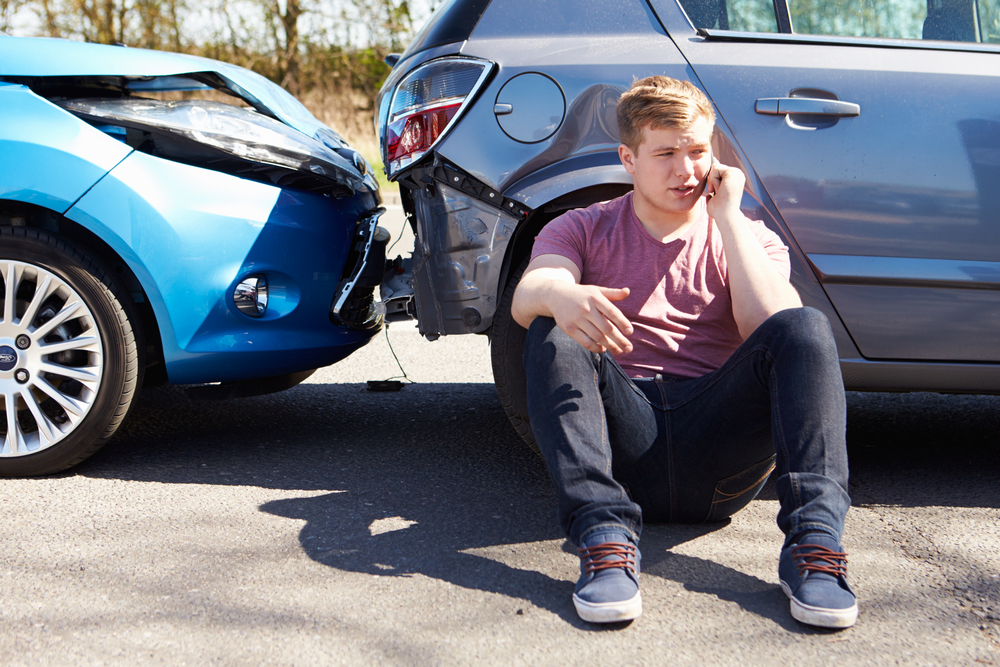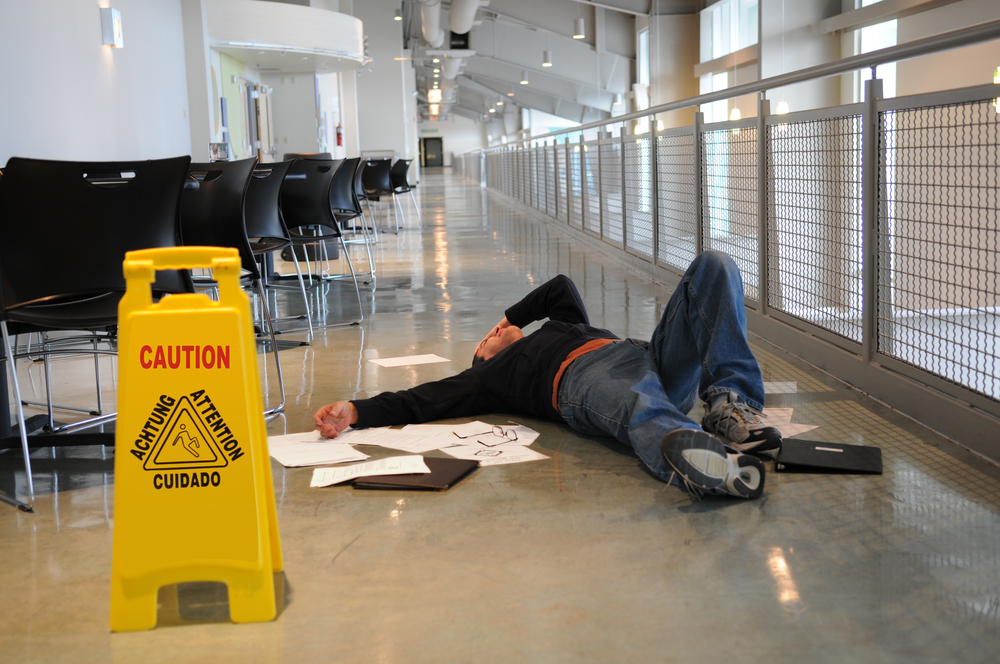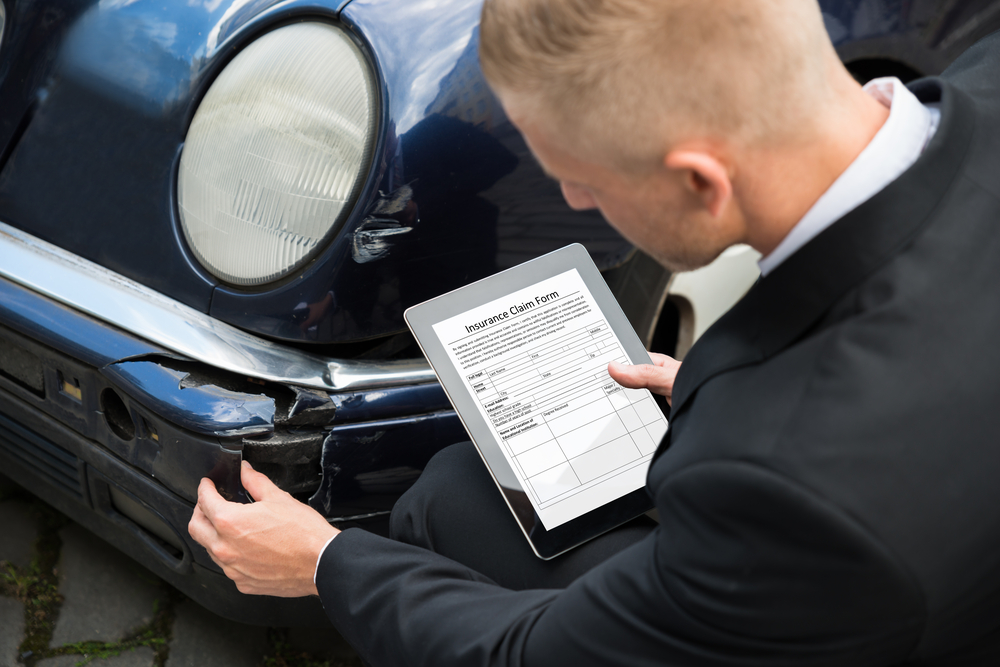Few (but some) of us are chronic aggressive drivers. Most of us know someone who is an occasional aggressive driver. Some of us might even be aggressive drivers. What is more, many aggressive drivers might not recognize aggressive behaviors for what they are. Yet aggressive driving leads to dangerous behaviors that often end in a tragic accident.

What is Aggressive Driving
The National Highway Traffic Safety Administration (NHTSA) defines aggressive driving as any operation of a vehicle that endangers or is likely to endanger people or property.
The most obvious example of aggressive driving is speeding. Preliminary data for 2019 indicates that there were 23,750 speed-related crashes on Virginia highways. These crashes resulted in 12,775 injuries and 348 fatalities. Speeding impedes your ability to steer a vehicle around curves or objects safely. It extends the distance required to bring a vehicle to a complete stop. Speeding also increases the risk of accidents because pedestrians and other vehicles may not be able to judge your speed and distance. The NHTSA points out that an accident that occurs on a road where the speed limit is 65 or greater is more than twice as likely to result in a fatality than on a road with a speed limit of 45 or 50 mph, and almost five times as likely to cause a fatality than a crash on a road with a speed limit of 40 mph or less.
Other examples of aggressive driving behaviors include:
- Tailgating
- Making frequent lane changes
- Zipping in and out of lanes of traffic in an effort to get ahead of the traffic
- Running red lights
- Making obscene gestures at someone in traffic
- Cutting off someone who has the right of way
- Racing
- Failing to signal turns
- Accelerating to prevent another driver from passing you
- Boxing in other vehicles.
Sometimes aggressive driving accelerates into road rage. Road rage often leads, in turn, to tragic crashes.
Responding to Aggressive Driving
The best advice about responding to aggressive driving is, “Don’t respond.” Take a deep breath before you decide what to do next.
The most effective responses to an aggressive driver are:
- Do everything you can to get out of the way.
- Do not gesture or verbally respond to the aggressive driver.
- Don’t do anything that can be considered a challenge.
- Ignore gestures and shouting from the aggressive driver.
- Avoid making eye contact with the aggressive driver.
- Continue to drive safely and considerately.
- Don’t respond to any action by an aggressive driver in kind. Don’t sink to their level.
- Pull your car over in a place that is safe, and contact the police.
- Give the police a description of the driver, the vehicle, the speed of travel, direction of travel, and license plate number.
Aggressive drivers make our roadways very dangerous. Your response (or lack of response) to their behavior may defuse a potentially explosive situation. If you are involved in an accident with an aggressive driver do not place blame or challenge the driver in any way. Simply exchange insurance information and gather contact information from any potential witnesses.
Some aggressive drivers understand that their car insurance rate will increase after a crash and may try to settle the accident with you on the spot or in private and without involving insurance companies. Do not agree to this course of action, particularly in a case of aggressive driving and in which there is a serious injury. If you can do so, inform the responding police officer of the aggressive driving and ensure that it is included in the police report.
After you leave the scene and obtain any needed medical care, contact a trusted auto accident attorney to advise you. Altizer Law, P.C., has been helping people who were injured due to the negligence or wrongdoing of others for more than 30 years. Bettina Altizer has a well-earned reputation for obtaining maximum compensation for her clients. She understands that when rebuilding your life after injury or loss it’s about the money.












